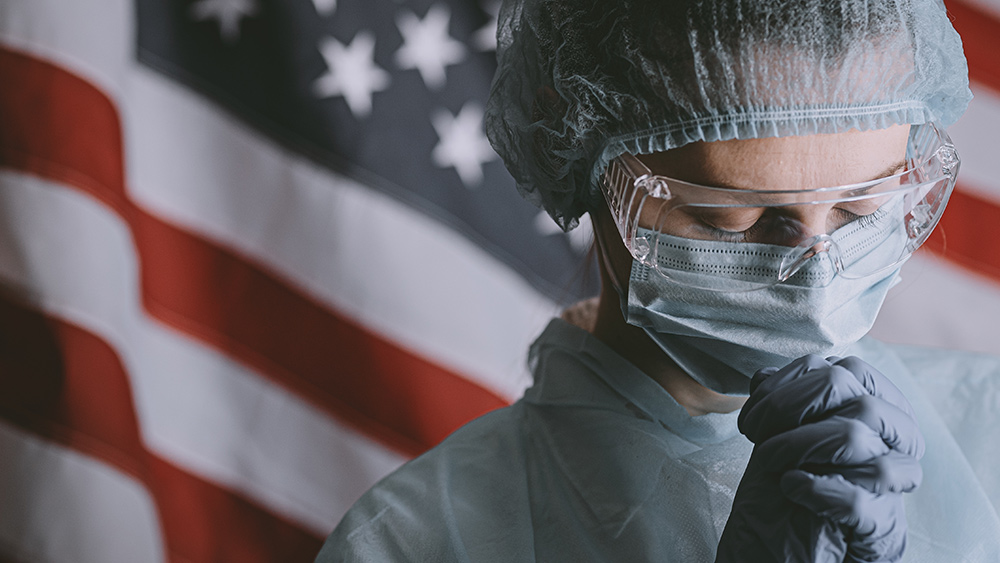
One of the nation’s leading surgeons, Dr. Nadine Caron, has been drawing attention to this pressing issue. As the first female indigenous surgeon in Canada, she is all too familiar with the racism that occurs in the country’s healthcare system.
"We fall short when it comes to understanding and respecting and honouring the culture of First Nations, Aboriginal patients in Canada," she said.
According to official statistics from the country’s National Household Survey, more than 1.4 million people reported having an Aboriginal identity in 2011, which means these people account for 4.3 percent of the country’s overall population. Sixty percent of this group is comprised of First Nations people, while 32 percent are Métis and 4 percent are Inuit.
The Aboriginal population is growing at a significant rate in Canada, with a 20 percent rise noted between 2006 and 2011. This is nearly four times the rate of increase in the non-Aboriginal population of just 5.2 percent.
Shorter life expectancy, higher chronic illness rates
The Aboriginal population is younger overall than the non-Aboriginal population, due in no small part to their shorter life expectancy and higher fertility rates. Data from Health Canada shows that these people face some serious health issues, such as higher rates of chronic conditions. For example, Inuits have a 50 times higher rate of tuberculosis than the general population, while that of First Nations people is 5 times higher.
Unfortunately, many indigenous people are hesitant to seek treatment because of the pervasive racism, with a study finding that many of them feel the need to either strategize on dealing with it before heading to the hospital or avoid seeking treatment entirely. Dr. Caron says she frequently sees older indigenous patients whose medical histories are essentially unknown because of their discomfort with the medical community.
Dr. Caron was inspired to become a surgeon after one of her university basketball team’s sponsors, a hospital, invited players who were interested in the field of medicine to visit. Shadowing a surgeon solidified her desire, and she embarked on the path to becoming the country’s first female indigenous surgeon, graduating at the top of her UBC medical school class. While other indigenous women have joined the ranks in the meantime, there is still a serious deficit in doctors who can develop a good rapport in treating these patients.
Canadian doctors lacking in cultural competency
UBC’s Faculty of Medicine, where Dr. Caron is an associate professor, has instituted mandatory cultural competency and safety training for students. The country’s Truth and Reconciliation Commission, meanwhile, recently requested an increase in the number of indigenous professionals in healthcare as well as cultural competency training.
In Prince George, B.C., where Dr. Caron works, she says a “very high” percentage of patients are Métis or First Nations. She recounts tales of patients crying for joy upon learning that she is indigenous. Even though she is outspoken about the racism there, she feels that change is possible – even if it is a long way off.
This highlights an issue that is important for patients around the world. Healthcare professionals need to treat their patients with respect regardless of their culture or background, and this extends to respecting patients who question whether risky treatments are truly necessary and whether safer alternatives exist. While there are some doctors out there who have a good bedside manner, there are plenty of others who could benefit from remembering that their patients are human beings who have feelings, rather than just another set of symptoms to deal with.
Sources include:
Please contact us for more information.






















